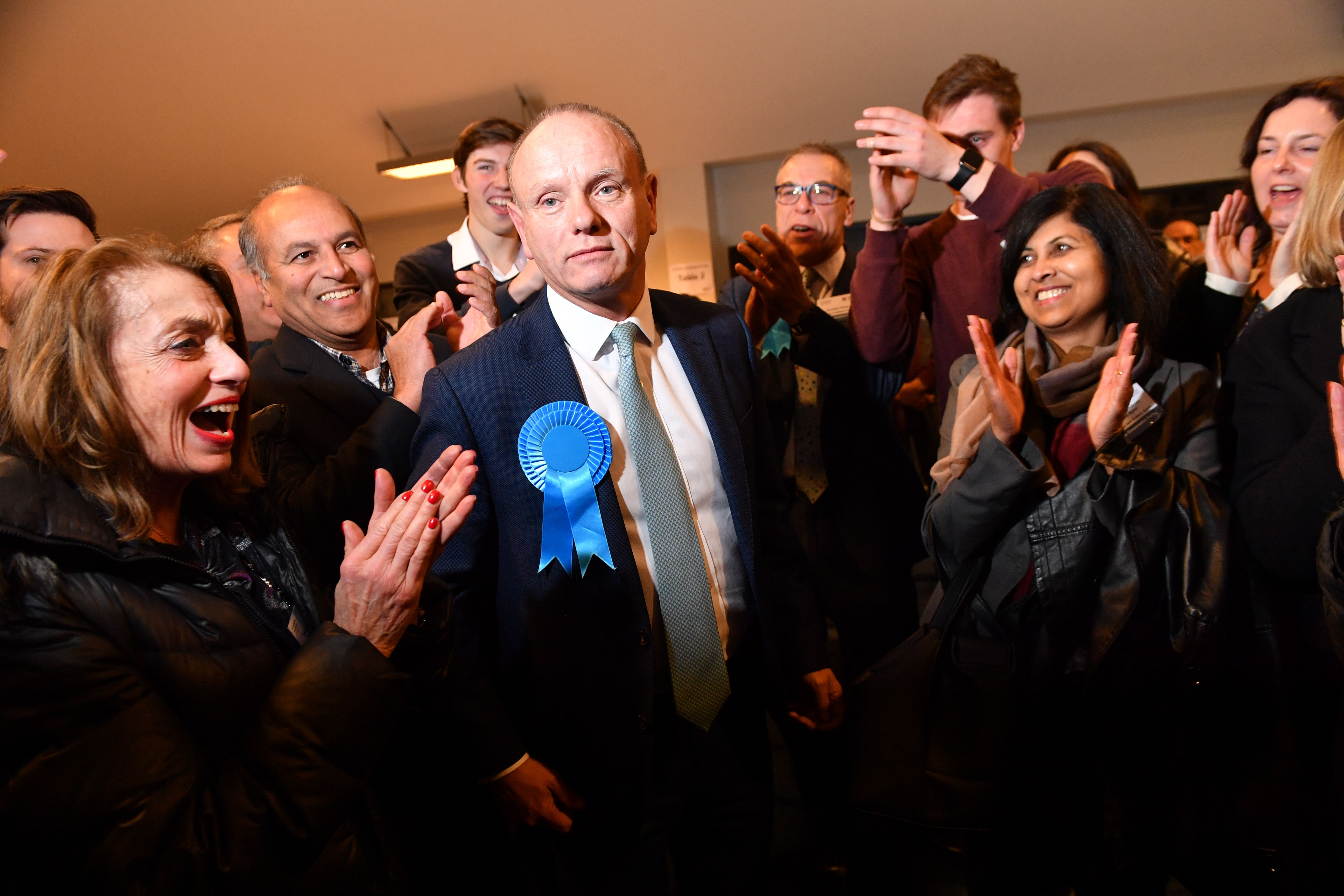MPs must be free to speak and vote without fear of violence and abuse
Editorial: From protests outside their constituency homes to social media ‘pile-ons’, our elected representatives are facing increasing threat – and are in need of enhanced personal protection

It is a sad necessity that members of parliament need the kind of enhanced personal protection that they are now to be offered. As the home secretary, James Cleverly, says, no politician should have to accept threats or harassment as “part of the job”. Yet they do, and, in the age of social media “pile-ons”, the abuse can be intense. Though there never was some golden age of genteel debate in the rumbustious world of politics, the time is right to guarantee that every member of parliament can speak and vote without fear of such consequences. Recent events in particular confirm that urgent need.
For some MPs, it has meant a rowdy mob surrounding their home. A group of activists protested outside the Dorset residence of Tory MP Tobias Ellwood – accusing him of being “complicit in genocide” and calling for him to demand “an immediate and unconditional ceasefire” in Gaza.
There is, of course, no policy difference that can justify such close-quarters intimidation. Yet it is not so unusual. Recently, Anneliese Dodds, chair of the Labour Party, was barracked in visceral terms in the street and, much more grievous, the office of Mike Freer, the justice minister and MP for Finchley and Golders Green, appears to have been the subject of an arson attack, most likely because of his opinions about Israel. He’s revealed he now wears a stab vest when attending public events.
People of colour in public life, especially women – and those with a Muslim or Jewish background – suffer more than most from death and rape threats; and deserve higher levels of security. The estimated bill of £31m is a small price to pay to ensure continued free democratic debate.
So the threat of harm is real, and it is growing. The speaker of the Commons, Sir Lindsay Hoyle, may have made some high-profile misjudgements recently about parliamentary procedure but they were made with honourable motives – he did not want to have to take another telephone call informing him of the assassination of a friend and colleague.
Sir Lindsay has referred, darkly, to the frightening evidence of evil intent shared with him by the security councils – and media reports about thwarted plots bear out those fears. The assassinations of Jo Cox and David Amess must never be forgotten. The uncomfortable fact is that Cox and Amess might still be with us now if they’d had police protection nearby when they were assaulted.
Nor should the plots that have been thwarted be forgotten. Nor, looking further back, should the IRA’s murders and attempted murders of public figures be discounted. They did, after all, very nearly kill Margaret Thatcher in the 1984 Brighton bombing and John Major in the mortar bombing of Downing Street in 1991.
In truth, too many of our politicians have lived lives looking over their shoulders for too long – and the threat has never been taken seriously enough. To take one half-forgotten example: in 2004, Fathers 4 Justice managed to get into the public gallery in the Commons and activists were able to throw purple powder at Tony Blair and the rest of the MPs. It was harmless, and the gallery was soon made secure with glass panels, but the incident could easily have been far more serious and it remains a chilling lesson in the consequences of complacency.
Mr Freer points out that enhanced security and laws about protesting at politicians’ homes “miss the point”. He argues this initiative is “not actually going to the root cause” of the problem of why people felt emboldened to target MPs. He is right about that but the proper safety of MPs, including him, cannot wait for political tempers in a bitterly contested election year to subside, still less for peace in the Middle East.
The one measure that would not be appropriate – or effective – in ensuring the safety of MPs and the public would be to impose some sort of quota system or time limit on political demonstrations, as Mr Cleverly appears to suggest.
The regular protests about the war in Gaza may appear (to some) disruptive, offensive and/or threatening to bystanders, including politicians. The ones that take place immediately outside parliament – and have for many years – are especially raucous because MPs and peers can literally hear the calls for action. Lee Anderson has even cited them as spurious justification for his Islamophobic remarks.
Yet preventing free people from venting their anger on the say-so of a minister is only going to make them more angry – and the vast majority of protesters are not remotely set on violence. Policing protests within the law is an operational matter for the police, and cannot be interfered with by politicians, crime commissioners, mayors or ministers for potentially political ends. If a politician can suggest that a force arrests individuals for something that might not even be a crime, then that is a police state.
There is a balance to be struck, and it is a difficult one. But protecting the lives of MPs, their staff and families is something that all should agree on.






Join our commenting forum
Join thought-provoking conversations, follow other Independent readers and see their replies
Comments